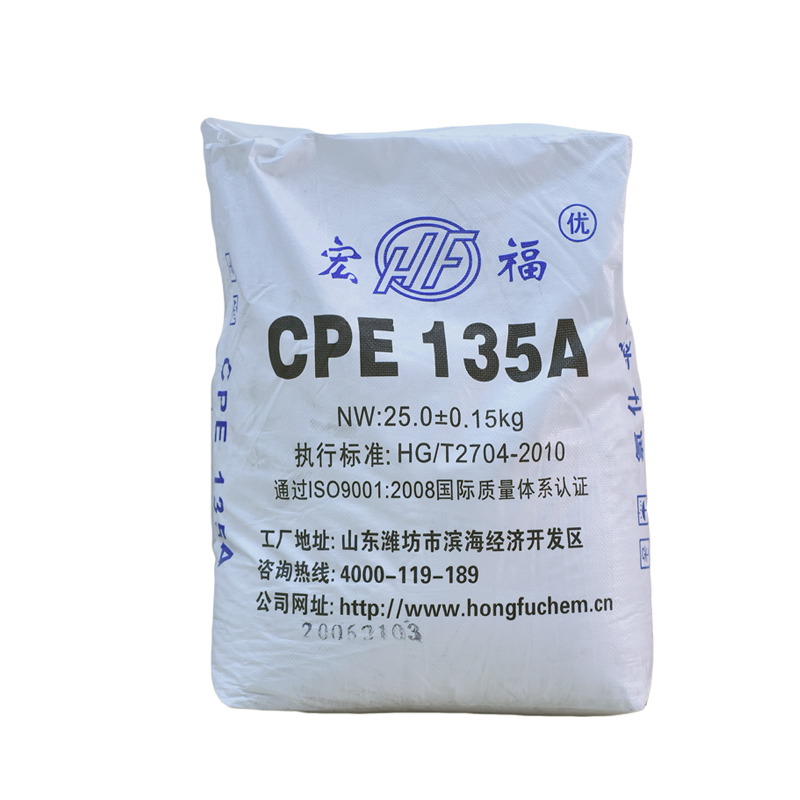Pure PVC resin is extremely sensitive to heat. When the heating temperature reaches above 90 °C, a slight thermal decomposition reaction will occur. When the temperature rises to 120 °C, the decomposition reaction intensifies. At 150 °C for 10 minutes, the PVC resin will change from the original. The white gradually becomes yellow-red-brown-black. The decomposition process of PVC resin is a series of chain reactions caused by the de-HCL reaction, which finally leads to the scission of macromolecular chains. The thermal stability mechanism to prevent thermal decomposition of PVC is achieved through the following aspects.
By capturing the HCl generated by the thermal decomposition of PVC, the catalytic degradation of HCl is prevented.
Lead salts mainly act according to this mechanism, in addition to metal soaps, organic tins, phosphites and epoxy.
Replacing the active allyl chloride atom. Metal soaps, phosphites and organotins can act according to this mechanism.
Reacts with free radicals to terminate the free radical reaction. Organotins and phosphites act according to this mechanism.
Addition to conjugated double bonds to inhibit the growth of conjugated chains.
Organotin and epoxy act according to this mechanism.
Decompose peroxides and reduce the number of free radicals. Organotin and phosphite act according to this mechanism.
Passivation of metal ions that catalyze the removal of HCl.
The same stabilizer can achieve thermal stabilization by several different mechanisms.
Among food additives, stabilizers are a class of additives that stabilize the structure of food and enhance the viscous solids of food.


